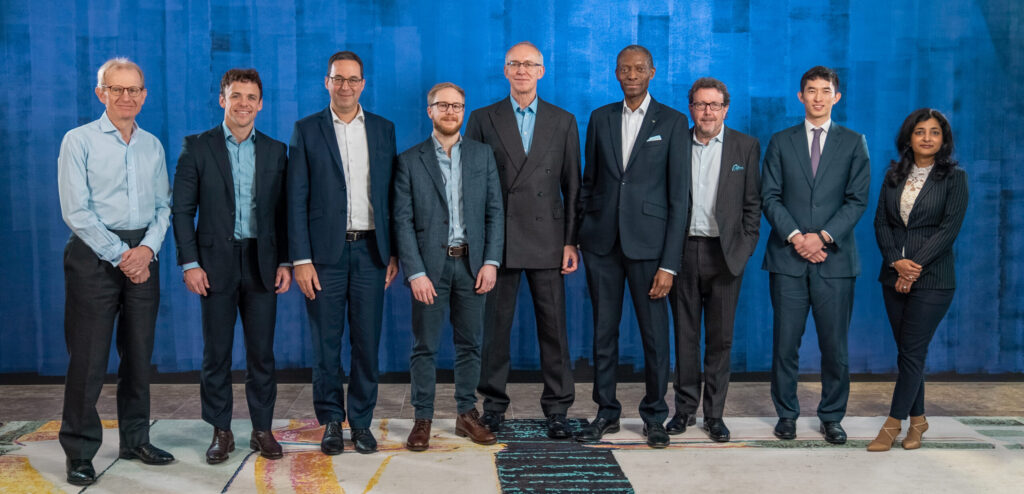The partnership, valued at multiple millions of dollars, marks a significant commitment to advancing research in longevity and its implications for society. Over the next half-decade, Manulife, John Hancock, and MIT AgeLab will join forces to explore innovative solutions for addressing the needs of an aging population.
Central to the collaboration is the development of pioneering research initiatives, thought leadership endeavors, and interactive workshops. These endeavors aim to generate actionable insights for a diverse array of stakeholders, including businesses, policymakers, and individuals and their families.

One of the key focal points of the partnership is the creation of a groundbreaking “longevity preparedness index.” This index, slated to be produced annually for an initial period of five years, will offer a comprehensive assessment of Americans’ readiness to navigate the challenges and opportunities associated with longer lifespans.
The index will delve into various facets of longevity, including financial planning, health and wellness practices, work and retirement transitions, housing choices, end-of-life arrangements, and technological advancements. By providing data-driven insights, the index aims to empower individuals and families to make informed decisions at every stage of the aging journey.
Research for the inaugural edition of the index is set to commence in the spring of 2024, with plans to expand its scope to include Canada as the collaboration progresses.
Dr. Joseph Coughlin, founder and director of MIT AgeLab, will spearhead the collaborative efforts alongside a multidisciplinary team of social and data scientists, as well as external experts. Beyond the index, the partnership will also facilitate a series of workshops throughout the year, fostering dialogue and engagement on topics such as longevity, generational dynamics, emerging technologies, and behavioral insurance.
With this ambitious partnership, Manulife, John Hancock, and MIT AgeLab are poised to chart new pathways in understanding and addressing the evolving needs of an aging society, ultimately striving to enhance quality of life for individuals and communities alike.
Speaking about the move, Brooks Tingle, president and CEO, John Hancock said: “The fastest-growing age cohort in the world is people over 85. As we continue to see people live longer lives, it is crucial that we gain new insight into how we can make longer lives synonymous with better and healthier lives. We fundamentally believe in helping make this a reality and know that this ambition does not start and end within the walls of our business.”
He continued: “That’s why we’re committed to collaborating with leaders in the space, like the MIT AgeLab, to help provide others—from policymakers to industry leaders to healthcare advocates—with critical learnings that can scale our shared mission to drive better health and wealth outcomes.”
Coughlin also commented, saying: “My research team is excited to embark on this research collaboration with Manulife/John Hancock. The spirit of MIT is to think and do. We want not only to identify the many different dimensions of what it takes to live longer, better; but also to measure the preparedness of a nation to live 100 good years.”
He added: “It is our shared objective that our work will educate and motivate people to do what it takes for themselves, their families, and their communities—to turn a longer life into a better life for all.”










